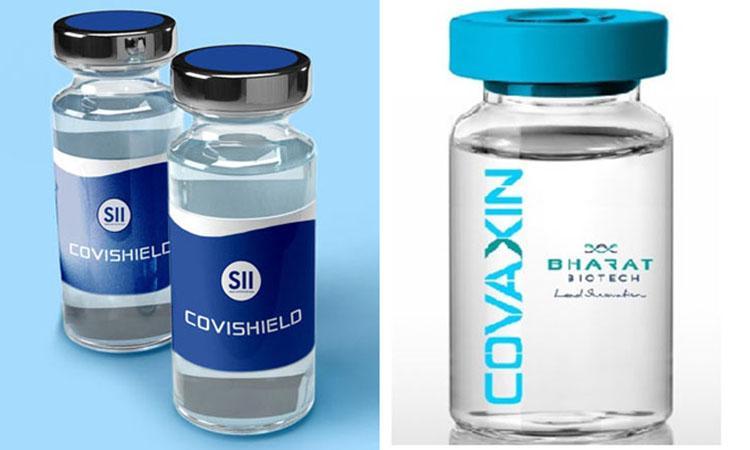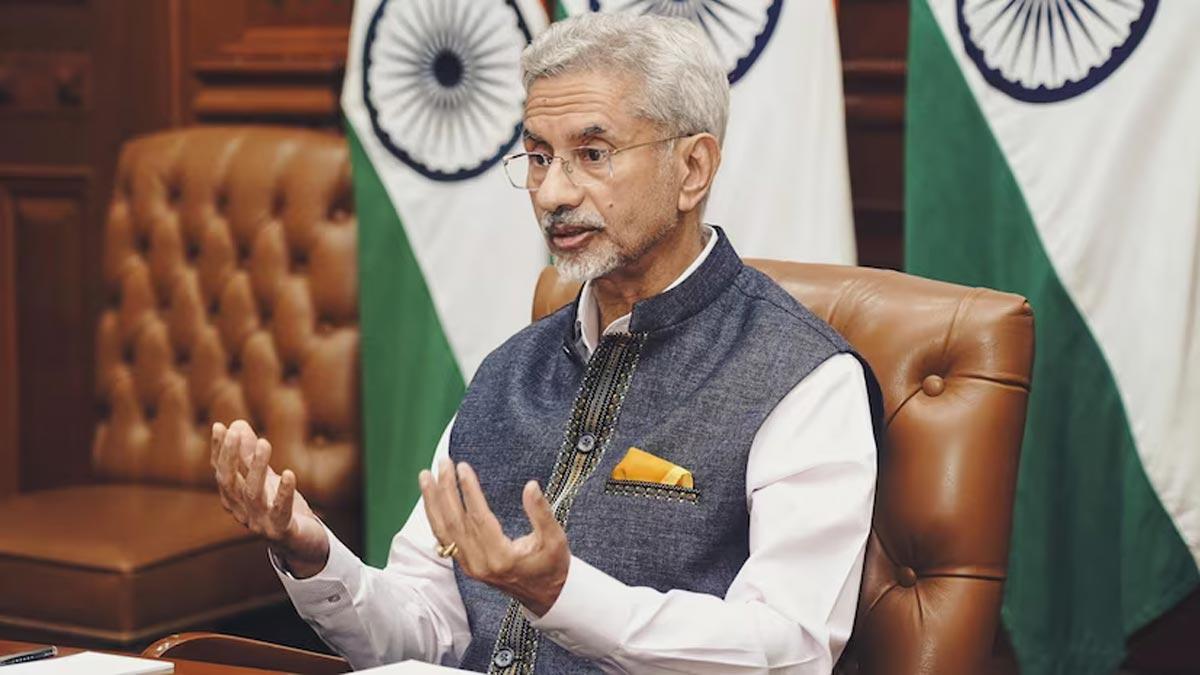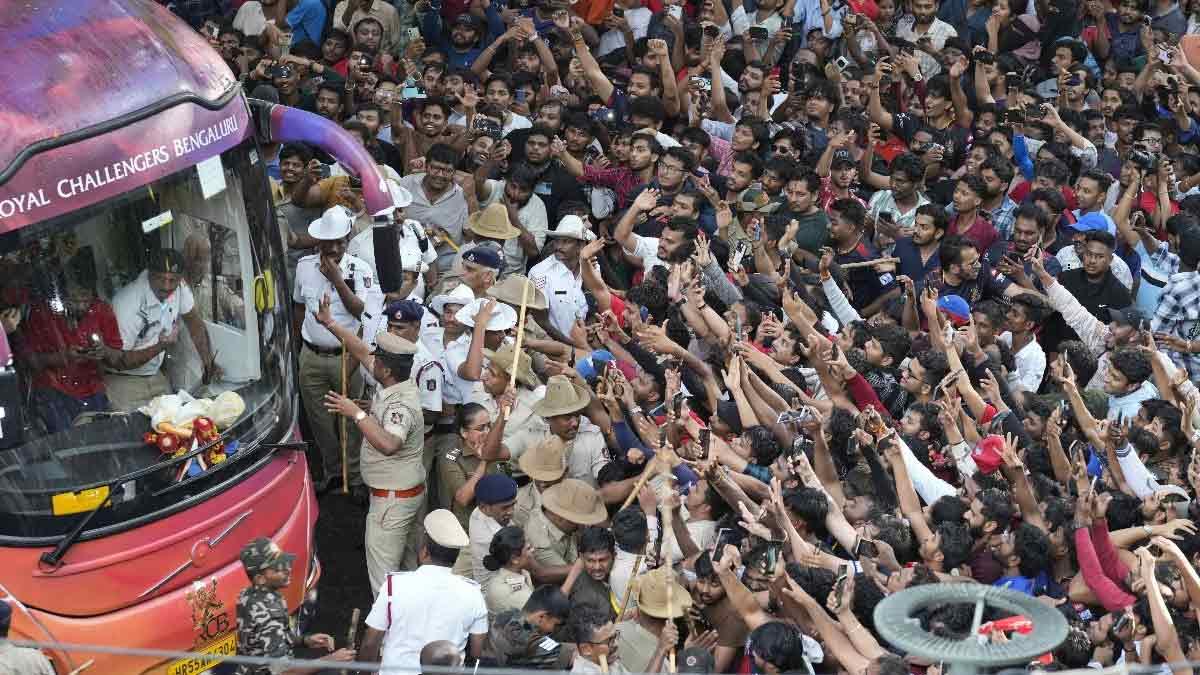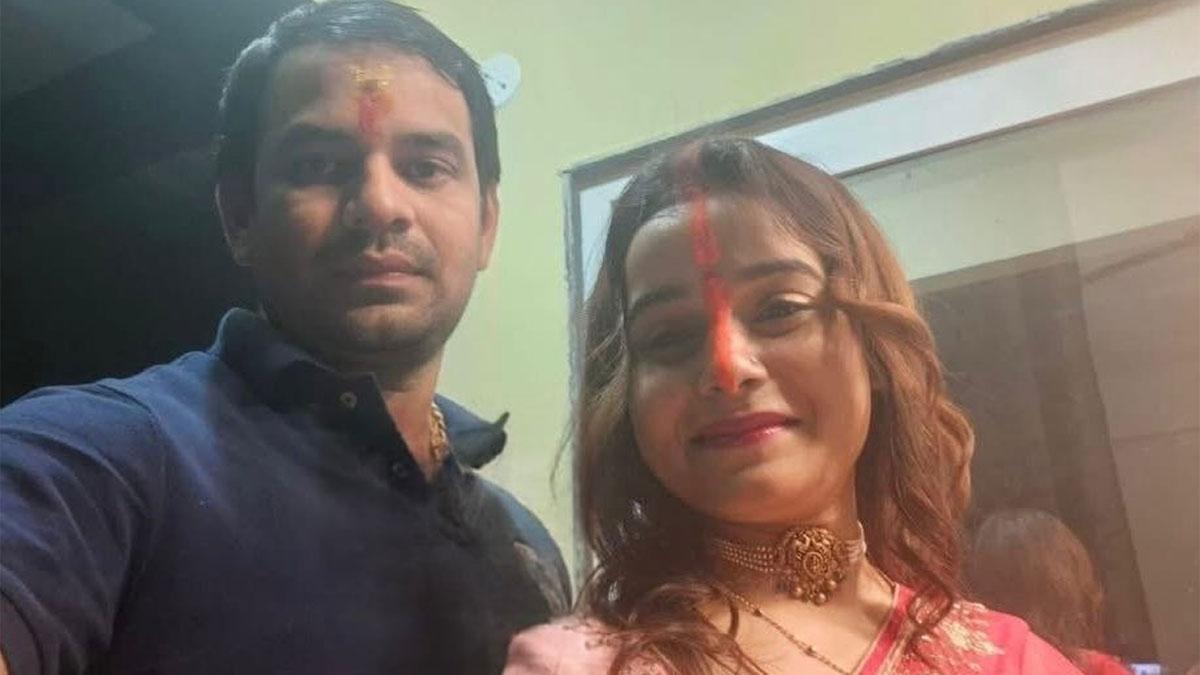For people above the age of 18, the registration process for Covid vaccination would begin from 28 April via the Co-WIN app and the vaccination drive will kick off on May 1st. Walk-ins will not be allowed for people between the 18-45 age group, they have to register themselves on the Co-WIN app. However, the walk-in facility may continue for those above the age of 45.
Recently released guidelines for the nationwide vaccination drive revealed that the vaccines would be made available to every adult Indian citizen but would require identification data. Unlike before, when the vaccination drive was being operated solely by the government, the new guidelines allow state governments and private hospitals to procure the vaccines and administer them to the general public.
As of now, Covishield, the vaccine developed by Oxford University in collaboration with AstraZeneca and manufactured in India by Pune's Serum Institute of India and Bharat Biotech's Covaxin will be available. Possibilities of the foreign vaccines that got certification and authorization for distribution and use by the Drug Controller General of India (DCGI) will also be available in the open market.
Can you choose which vaccine to take?
Yes. The choice to select one out of the two vaccines has been left to the recipient. One can opt for any of the two while registering on the Co-WIN app.
Covishield vs Covaxin: Specs Comparison
I. Price
Bharat Biotech’s Covaxin will cost ₹600 per dose for the states and ₹1,200 per dose for private hospitals. Meanwhile, Covishield will be given at ₹400 per dose to states and ₹600 per dose to private hospitals. But how much will you have to pay?
- In central government hospitals, Every vaccine will be free of cost for people above the age of 45.
- The final price of the vaccine dose will be decided by the state governments and hospitals that will buy the vaccine at the aforementioned rate.
- Some state governments including Madhya Pradesh, Himachal Pradesh, Kerala, Goa, Chhattisgarh, Uttar Pradesh, Assam, Sikkim, West Bengal, Tamil Nadu, have announced that vaccination will be free.
- Vaccination of healthcare workers, frontline workers and people above the age group of 45 years will be free at government vaccination centres as before. Only people above 18 and below 45 will have to pay at these centres of those states who have not made it free.
II. Efficacy
Both the vaccines will be administered in two doses.
- Covaxin has shown the efficacy of 78 per cent in the second interim analysis and 100 per cent efficacy against 'severe Covid-19 disease'.
- Covishield has overall efficacy of 70 per cent, but it can be over 90 per cent when administered as a half dose followed by a full dose a month later.
“The vaccine types and their prices will be displayed in the ‘Appointments’ module on Co-WIN so that the citizens can make an informed choice at the time of booking a vaccination appointment,” health secretary Rajesh Bhushan said in a letter to the states.
Among private establishments, only industrial ones will be allowed to vaccinate employees. They will have to procure vaccines through attached hospitals with cold chain facilities or map themselves to private hospitals. They will be registered as “industrial establishment CVCs (Covid vaccination centres).”
Domestic vaccine makers will be free to sell 50% of their production to the states and private facilities. Half will go to the Centre that will continue with its programme of vaccinating those 45 and above, frontline workers and healthcare workers free at government facilities. This method is being led under the Liberalised Pricing and Accelerated National Covid-19 Vaccination Strategy.
The health ministry has asked private hospitals to return doses that haven’t been used by April 30 to the nearest cold chain point.
“State/ UT government would therefore need to do a complete stock-taking of the funds deposited by the private vaccination centre, the vaccine doses supplied to them, the vaccine doses supplied so far and the doses likely to be utilised till April 30,” Bhushan said in the letter. “Any unutilised vaccine stocks, balance as of April 30, will have to be returned to the nearest cold chain point from where the stocks were issued.”
Lastly, the third vaccine, Russia-developed Sputnik V, has been given emergency use approval, although imports may take a month or so to arrive. India has freed up the approval process for foreign vaccines that have been cleared by regulators in the US, UK, Europe and Japan besides being on the WHO’s emergency use list. These foreign vaccines will be for states and private hospitals.


















